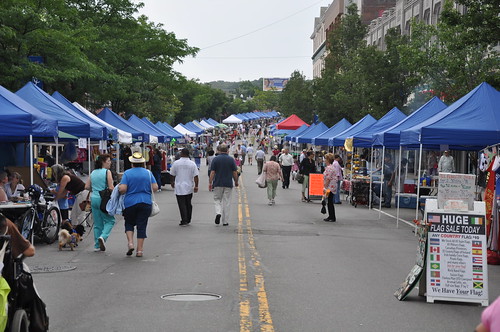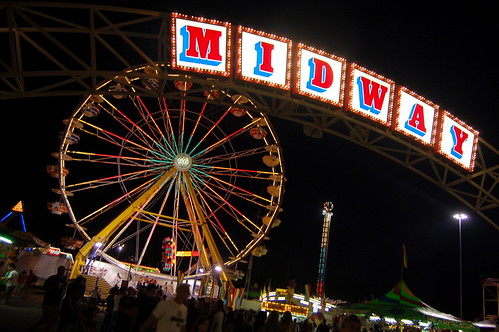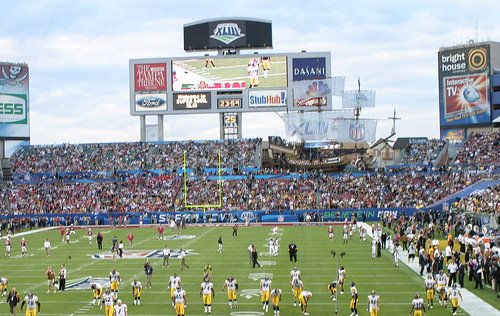We hate salesmen trying to sell us stuff but we love going to street fairs with lines of merchants wanting to sell us stuff. Why?
We hate high pressure sales but we love going to expos like the Big E where barkers shout out the highest pressure pitches you could possibly ever receive. Why?
We hate advertisements of all kind in our media but we love tuning into the Super Bowl for the ads. Why?
Please leave your answers in the comments.
Did you enjoy this blog post? If so, please subscribe right now!
Get this and other great articles from the source at www.ChristopherSPenn.com






Leave a Reply